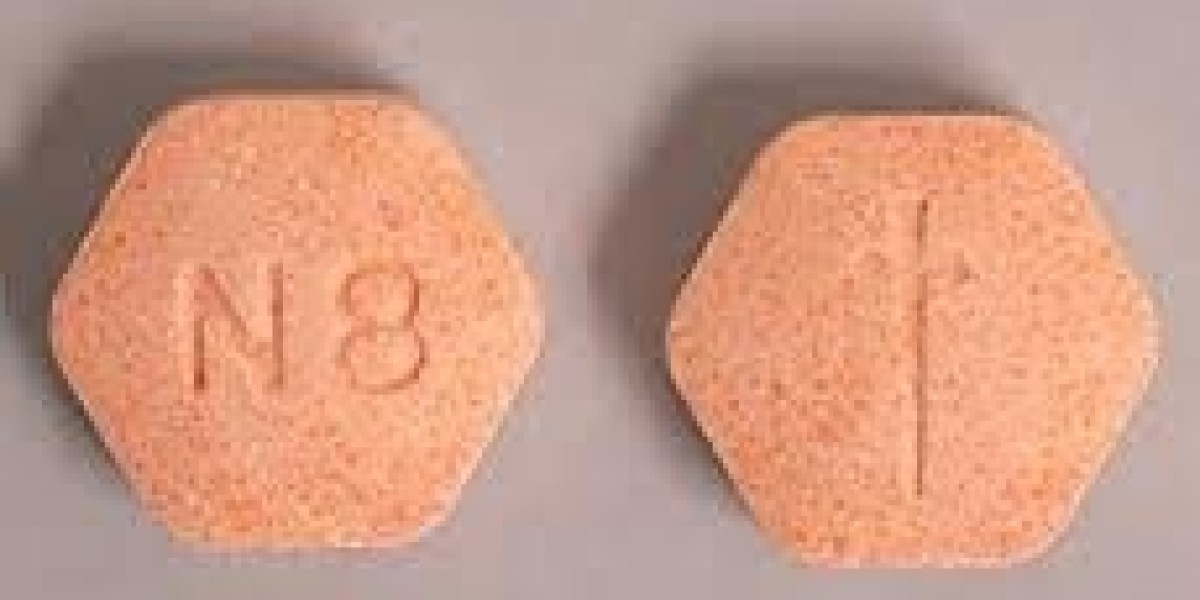How Long Does Suboxone Stay in your System ?
Introduction:
Suboxone has emerged as a valuable tool to aid individuals on their journey to recovery. However, a common question that often arises is, "How long does Suboxone stay in your system?", In the world of opioid addiction treatment. The duration that Suboxone stays in the system can vary from person to person and depends on several factors, including metabolism, dosage, duration of use, liver function, hydration, and diet. So let's get into the briefing of Suboxone.
What is Suboxone?
Suboxone is a medication that combines buprenorphine and naloxone, designed to help individuals reduce or quit their dependence on opioids. Buying Suboxone Online discourages misuse by inducing withdrawal symptoms if the medication is not taken as prescribed.
Here is a general overview of the estimated detection times for Suboxone in different bodily fluids:
How long does suboxone stay in your bloodstream ?
Blood: Suboxone is typically detectable in blood for approximately 24 to 72 hours after the last dose. However, blood tests are not commonly used for routine detection due to their invasive nature.
How long does Suboxone stay in your urine ?
Urine: Urine tests are frequently employed to detect Suboxone. The drug can be detected in urine for around 2 to 7 days after the last dose, depending on individual factors.
How long Suboxone remains in Saliva ?
Saliva: Suboxone can be identified in saliva for up to 1 to 10 days after the last dose, making oral fluid tests a viable option for detection.
How long does Suboxone remain in the Hair follicles ?
Hair: Hair follicle tests have the longest detection window. Suboxone can be traceable in hair for up to 90 days or even longer. However, hair tests are less common due to their cost and complexity.
Factors Influencing Suboxone Elimination:
Metabolism: Individual metabolic rates play a significant role in determining how quickly Suboxone is metabolised. A faster metabolism generally leads to a quicker elimination of the drug from the body.
Dosage: The amount of Suboxone taken can affect how long it remains in the system. Higher doses may take longer to be fully processed and eliminated.
Duration of Use: If someone has been using Suboxone for an extended period, it might take more time for the body to clear the medication.
Liver Function: The liver plays a crucial role in metabolising drugs, and Suboxone is no exception. Individuals with compromised liver function may experience a slower elimination of the drug.
Hydration and Diet: Staying well-hydrated and maintaining a healthy diet can contribute to the efficient elimination of substances from the body.
Conclusion:
Understanding how long Suboxone stays in the system is essential for individuals undergoing addiction treatment and healthcare professionals managing their care. Factors like metabolism, dosage, and liver function all contribute to the variability in elimination times. Regular communication with healthcare providers and adherence to prescribed dosages are crucial for a successful recovery journey. While Suboxone has proven effective in aiding opioid addiction recovery, it is imperative to follow medical guidance to ensure its safe and effective use.








